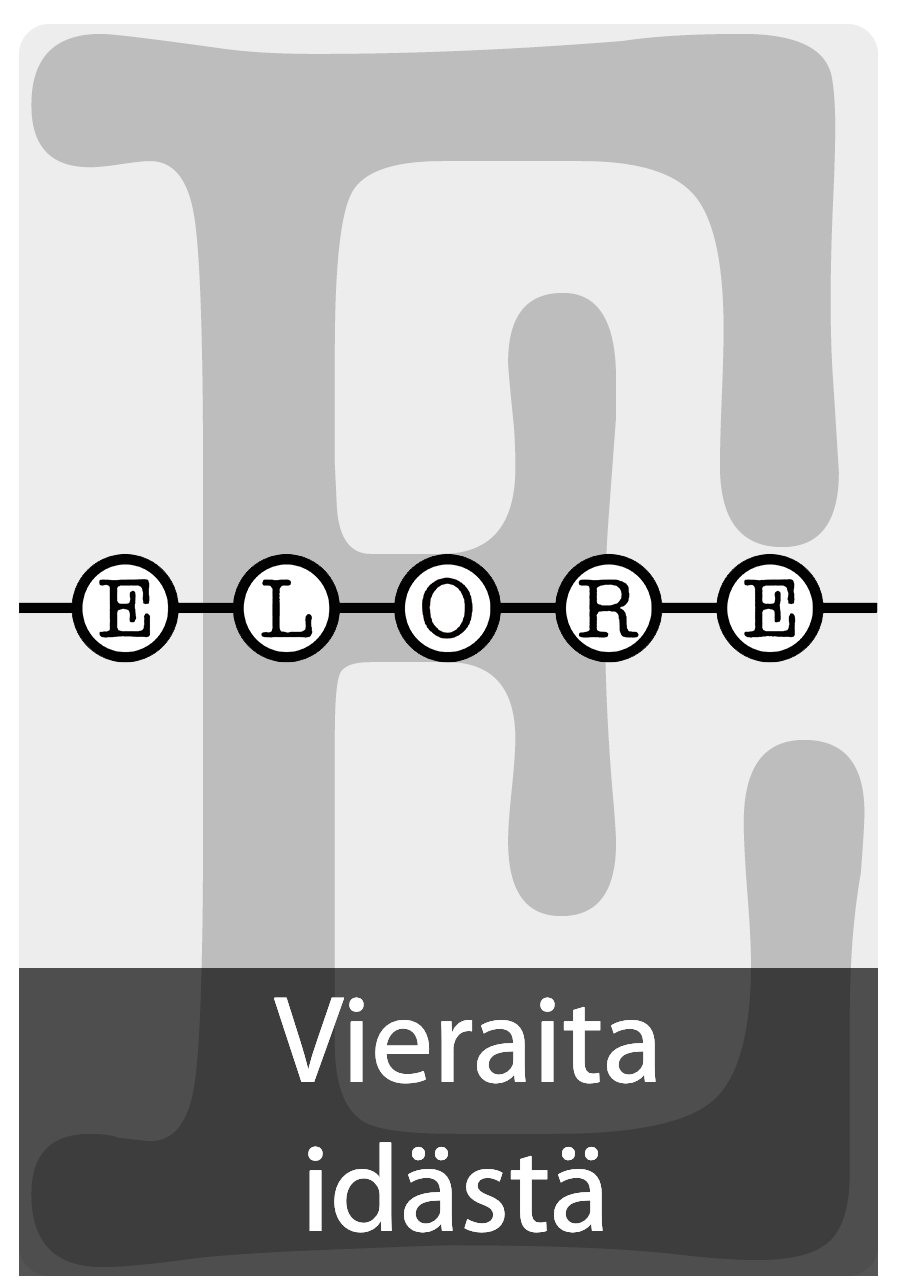Ortodoksisen siirtoväen kontrolloitu sopeutuminen
DOI:
https://doi.org/10.30666/elore.78985Abstrakti
Until the 1990s, the integration of the displaced Karelians in postwar Finland was studied mainly from the point of view of their material adaptation. In these studies, the integration of the refugees was regarded as a success in view of the difficult conditions that existed after the war. However, the experiences of humiliation suffered by the refugees and especially by the Orthodox Karelians, which were brought to light around the turn of the millennium, have challenged the picture of totally successful integration. The Orthodox Karelians were dismissed as “Russkies” and derided because of their different culture. In her article, Heli Kaarina Kananen describes the forms that discrimination against the displaced persons took. She also discusses the opportunities that existed for them to rebuff the discrimination that emphasized their cultural otherness. Kananen seeks to understand the conflict that arose in the encounter between the refugees and the local population of the areas where they were settled, by examining the phenomenon within the framework of the theory of social control.Tiedostolataukset
Julkaistu
Viittaaminen
Numero
Osasto
Lisenssi
Lehti noudattaa ns. timanttista avoimen julkaisemisen mallia: lehti ei peri maksuja kirjoittajilta ja julkaistut tekstit ovat välittömästi avoimesti saatavana tiedelehtien Journal.fi-palvelussa. Toimittamalla artikkelin Eloreen julkaistavaksi kirjoittaja suostuu syyskuusta 2024 alkaen siihen, että teos julkaistaan CC BY 4.0 –lisenssillä.Lisenssin mukaan muut saavat kopioida, välittää, levittää ja esittää tekijänoikeuksiin kuuluvaa teosta sekä sen pohjalta tehtyjä muokattuja versioita teoksesta vain, jos he mainitsevat lisenssin, alkuperäisen julkaisun (linkki tai viite) ja kirjoittajan alkuperäisenä tekijänä. Kaikki tehdyt muokkaukset on ilmoitettava.
Tekstien tekijänoikeus säilyy kirjoittajilla ja julkaistun version rinnakkaistallennus on sallittua. Tämä koskee myös ennen syyskuuta 2024 julkaisuja tekstejä. Rinnakkaistallenteessa tulee näkyä Eloren julkaisutiedot.
Julkaistujen artikkeleiden metadatan käyttölisenssi on Creative Commons CC0 1.0 Universal.





